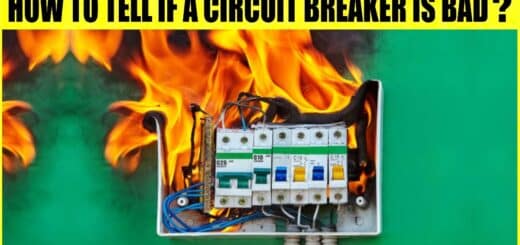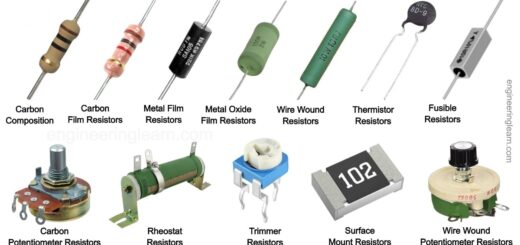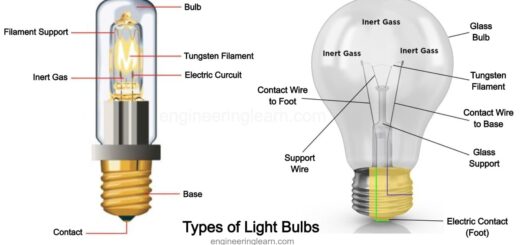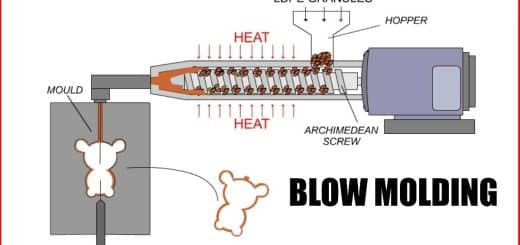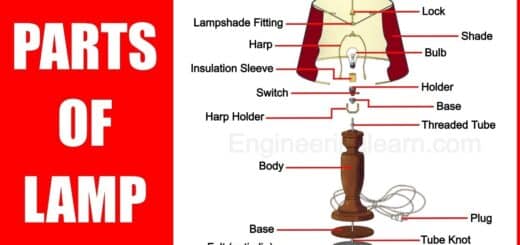Electrical Fire: How to Put Out an Electrical Fire? Common Causes of Electrical Fires
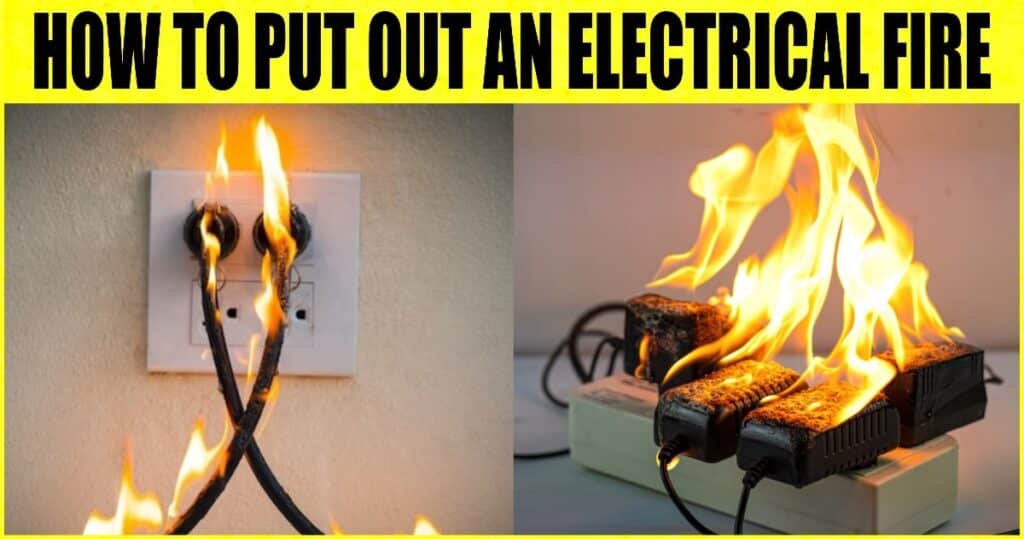
Electrical Fire Introduction:
Electrical Fire: How to Put Out an Electrical Fire? Common Causes of Electrical Fires: – Electricity makes our lives simple, comfortable, and pleasant, yet it presents risks all the while. One risk that accompanies the widespread utilization of electricity is electrical fires. They make serious damage to the property and pose a danger to the family’s security. Our heavy reliance on electricity to control all that around the home has presented ourselves with fire risk.
What Is an Electrical Fire?
A malfunction or failure within the electrical parts of equipment or machinery can cause electrical fires. Electrical fires start in electric wires, cables, circuit breakers, and within electrical parts. Fires start in electrical panels from over-burden circuits or the age of the panel. The panel and circuits become overloaded when the electricity circulation is insufficient. Incidentally, lighting equipment goes about as a source of heat that is too close to effectively ignitable materials.
Many people invest a lot of time indoors, and some electronic device or appliance runs consistently. That implies there may be a risk of an electrical emergency like an electrical fire.
Common Causes of Electrical Fires
Electrical systems represent a continuous fire risk. Understanding common reasons for electrical fires and following preventive measures to keep up with your electrical systems will mitigate your chance of a fire.
1. Poor Maintenance
Poor maintenance is the main cause of electrical fires. Electrical panels will lessen the risk of fire by performing regular maintenance of equipment. Maintenance includes removing dirt and residue and reviewing and replacing defective circuit breakers. Kinks in wiring cause an electrical obstruction within the wire, which creates heat and could cause an electrical fire. Arcing can prompt fire and happens in electrical panels and enclosures, frayed wires and extension cords, and, surprisingly, in damaged phone chargers.
2. Not keeping up with Safety Codes
With the increased demand for electricity, it is vital to stay up to date with security codes. Old wiring that doesn’t uphold the ongoing demand is common in old homes and quiet older business spaces. Wiring with deteriorating coating or wires can undoubtedly arc and start a fire, particularly in the event that the wire doesn’t match the circuit amperage.
The higher the amperage rating of the circuit, the larger the wires need to be in order to avoid excessive heat that can liquefy wires and cause fires. Ensuring wiring matches the circuit amperage and is free from blemishes is a simple method for forestalling electrical fires.
3. Old Equipment and Appliances
Equipment and machines which are old cause a staggering number of electrical fires. Replacing outdated and defective circuits within electrical panels, equipment, and appliances lessens your fire risk.
4. Portable Heaters
You must be mindful of where you are placing a portable heater in your home. Keeping them close to combustible surfaces like curtains, mats, beds, or sofas will probably cause a fire. Utilizing coil space heaters is a perilous bet in light of the fact that the coil can get heated and ignite the next combustible surface. You can use radiator-type portable heaters. They diffuse heat over the whole surface of the appliance and lessen the risk of lighting flammable objects, in spite of the fact that you actually need to get them far from such objects.
How to Put Out an Electrical Fire?
1. Disconnect the Electricity Supply: ( How to Put Out an Electrical Fire )
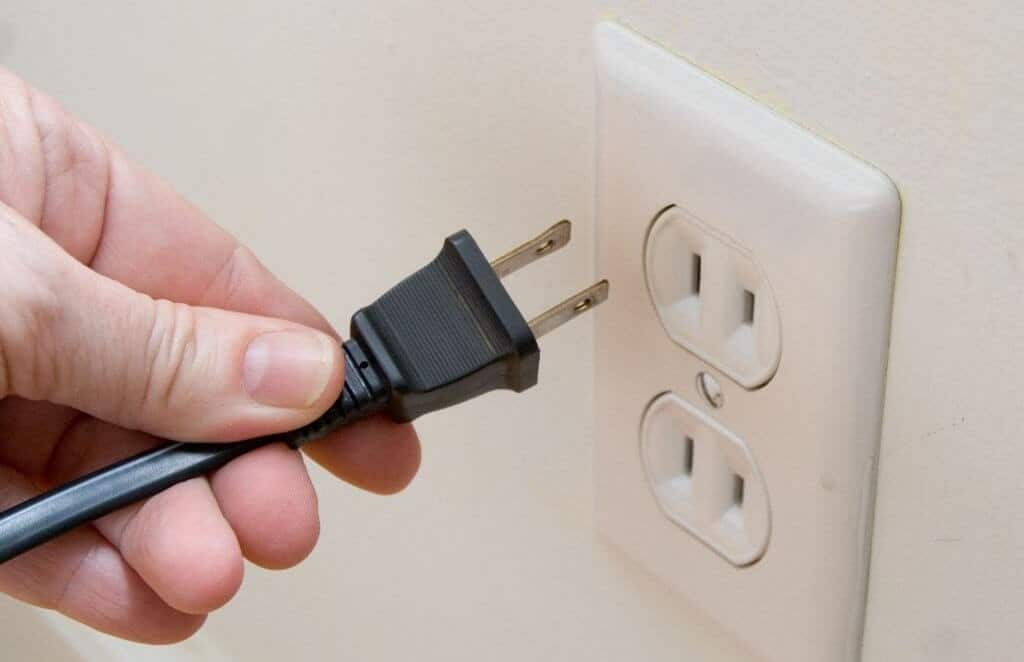
Disconnect the electricity to the source, for example, an electrical appliance by turning off it. This will essentially decrease the risk of a massive electrical fire by restricting the spread of the flames. Imagine a scenario where you can’t unplug the source. All things considered, disconnect the electricity in your home.
In the event that there is a safe path to the electrical panel, feel free to switch off the house’s power. This is significant in light of the fact that once you switch off the electricity, you will not be in danger of electric shock.
2. Never Use Water: ( How to Put Out an Electrical Fire )

A typical impulse when the fire starts is to toss water on it. It tends to be safe when the source of fire isn’t electrical. Be that as it may, assuming that it is electrical, switch off the power first. On the off chance that you throw water when the power source is on, you may get shocked on the grounds that water is a good conductor of electricity.
3. Use Baking Soda: ( How to Put Out an Electrical Fire )

On the off chance that any of your appliances or an overloaded cord starts a fire, utilize baking soda to put it off. Turn off the power source when the fire starts and toss some baking soda over the flames. It helps in extinguishing the fire begins baking soda contains the chemical compound sodium bicarbonate. Further, open a box of baking soda and keep it open. In the event that an appliance like a toaster burst into flames, baking soda may very well save you.
4. Cut the Oxygen Source: ( How to Put Out an Electrical Fire )

Oxygen whets fire, so something you can do to stop an electrical fire is cut the source of oxygen. You can do this by putting a heavy piece like a blanket. You can do this provided that the fire is small. On the off chance that the fire looks bad and the circumstance is perilous, don’t attempt to go close to the fire to put it off.
5. Keep a Fire Extinguisher at Home: ( How to Put Out an Electrical Fire )
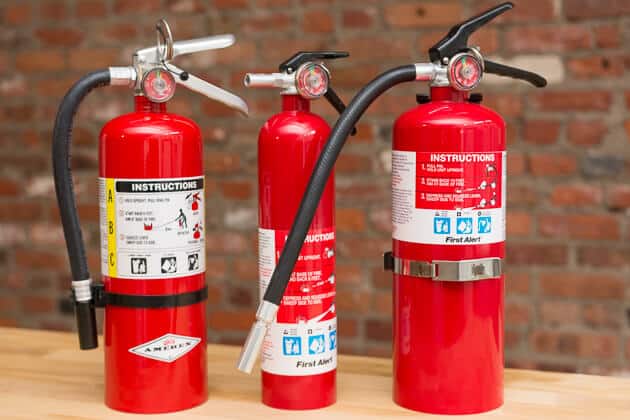
Keep a fire extinguisher that is suitable for an electrical fire at home. Since electrical fires are class C fires, you want a fire extinguisher that is explicitly made for that.
How to Extinguish an Electrical Fire Once the Power Is Off?
Whenever you’ve disconnected the electricity in your home, you have more choices to fight the flames. A fire blanket is a great choice in the event that you don’t have a fire extinguisher. Fire blankets smother the oxygen a fire needs to burn, putting it out completely in the event that it’s sufficiently small. On the off chance that you don’t have a fire blanket handy and you’re sure the power is off, water is presently a choice. Utilizing a large container or even the spray nozzle from your sink, soak the fire with however much water as could be expected until it is all the way out.
What are Devices that Help Prevent Electrical Fires?
To protect your property, there are practical steps you can take and gadgets you can invest in that are designed to help forestall and contain potential electrical fires. By proactively equipping your home with these items, you can rest easy and relax realizing that you’ve found significant ways to protect your property and your family from possibly unsafe circumstances.
1. Connected Switchboards
Connected switchboards are the ideal solution for homes and businesses aiming to shield their properties from fire-related obliteration. By supplying superior power distribution and control, they can assist with distinguishing fires early and immediately shut them down, thus reducing the cost of repair that frequently accompanies damaged buildings and equipment. Yet they are substantially more productive than traditional manual systems.
2. Arc Fault Detection Devices
Arc fault detection gadgets are an essential tool for preventing fires and the perilous and extreme obliteration they can release. Going about as electronic “smoke alarms” for electric current, these gadgets receive signals from your wiring and identify minute electric arcs that indicate potential trouble spots before a fire emits. By drawing such connections out into the open, arc faulty protection gadgets help you stop fires, getting a good deal on repairs and renovations.
3. Heat Sensors
Heat sensors are a priceless tool for forestalling fires that could somehow cause disastrous damage and expensive repairs. By activating at predetermined temperatures, the sensors can identify when a fire has started or is probably going to start, alerting you at the earliest stages of a possible blaze. With this detection comes the opportunity to make strides before it turns out to be too late and ensure that unsalvageable damage doesn’t happen in your home or business. Installing heat sensors can be a cost-effective measure, as shown by their ability to help with limiting repair costs related to fire damage.
4. GFCIs
Ground fault circuit interrupters (GFCIs) are a significant safety feature for any home, business, or recreational facility as they are designed to reduce the risk of serious injury by immediately stopping electricity when they sense a current flow through an unintended way. GFCI devices aid in providing protection against electric shock, for example, washrooms and kitchen sinks where electrical equipment is commonly found near water. They offer a significant degree of insurance to all those using a space that may pose a high potential risk because of exposure to water sources and electrical equipment.
5. AFC1s
An arc fault Circuit Interrupter (AFCI) is utilized to prevent electrical fires by detecting hazardous arcs and breaking the circuit. Not at all like regular containers and circuit breakers, an AFCI differentiated between harmless, naturally-occurring arcs, and undesirable ones that can prompt potentially hazardous circumstances. Through this cautious observation of current flow, an AFCI shields homes and businesses from electrical damages caused by accidental arcs. By installing one in your living space or work area you can acquire genuine serenity realizing that your electrical system is safeguarded from hazardous events.
6. Thermal Monitors
Thermal monitoring innovation is changing the way property owners, entrepreneurs, and home insurers safeguard the security of life and property. By more precisely detecting changes in air temperature and alerting decision makers to any potential fire risks within a building or structure, thermal monitoring can radically lessen both the number and cost of destruction resulting because of flames. Moreover, a proactive approach to thermal monitoring can ensure an early warning is sent which could forestall hardships brought about by a devastating fire or related event. Thermal monitors ought to be considered an essential tool for limiting risk related to fire in any setting.
7. Circuit Breakers
Experiencing the devastating impacts of a fire can be terrible, especially in a situation that could have been avoided. Circuit breakers shield electrical systems from becoming overloaded until they can securely be turned down or fixed, diminishing the probability of a risky fire happening because of overheated wires. This forestalls potential loss of life, yet in addition diminishes the financial burden related to fixing or replacing damaged items, making them a priceless device in a home or business maintenance.
What to do in the event that You Can’t or Don’t Have the foggiest idea How to extinguish an Electrical Fire?
In the event that you don’t have an idea how to extinguish an electrical fire quickly and completely, you want to get out of the house immediately. The following are the particular steps in the event that you find yourself unfit to put the electrical fire out:
- Leave the room and afterward leave the house.
- As you leave, ensure you close the doors to the room the fire is in, in addition, to closing the house door to assist with keeping the fire contained as much as could be expected.
- When you are safe and away from the fire, you can approach the emergency number.
- Never re-enter your home until the firefighters have let you know it is safe to do so.
Conclusion
Electrical fires are among the most perilous types of combustion because of how rapidly they can spread and grow out of control. By following the information above, you can assist with reducing the possibility of an electrical fire happening in your home. Electrical fires can occur whenever and can be caused by many issues, including faulty wiring or overloaded appliances. Assuming you see an electrical fire, you ought to call emergency services right away. Electrical fires can be horrendous, so homeowners should go to deterrent lengths to guard their homes. A simple method for doing this is by investing resources into electrical gadgets that diminish the risk of an electrical fire outbreak. In the event that you want to battle the fire securely, start by disconnecting the electricity, if possible, and smothering the flames.
Content Source: – firetrace, dfliq
Image Source: – lancsfirerescue, ajselectrical, sempersolaris, istockphoto, masakapahariini, theagentinsurance
